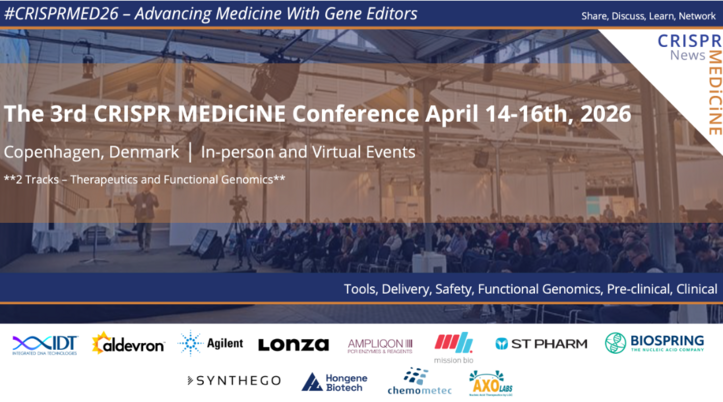Researchers Use Base Editing to Create the Most Detailed Map Yet of the Human Immune Response
Researchers at the Gladstone Institutes in San Francisco have created the most detailed and intricate map to date of how the human immune system functions.
The team, led by Alex Marson, MD, PhD who is a senior investigator at Gladstone, used base editing to probe the detailed molecular structures that regulate human T cells. Specifically, they focused on more than 100,000 genomic sites spanning almost 400 genes in T cells, to uncover exactly which nucleotides govern how immune cells respond to stimuli.
Their findings, published yesterday in Nature, may offer explanations to help address and overcome the limitations of current immunotherapies as well as identify new drug targets for cancer and autoimmune diseases.
Previous attempts to map the primary immune response have relied on CRISPR to interrogate the genome of immune cells, but by harnessing the precision of base editing, the current study provides single-nucleotide resolution and is anticipated to paint a more nuanced picture of the immune response than previous efforts.
Of note, the current study was carried out using primary T cells sourced from human blood donors, which adds to the clinical relevance of the study's findings.
Read the full article in Nature here.
To get more CRISPR Medicine News delivered to your inbox, sign up to the free weekly CMN Newsletter here.
Tags
CLINICAL TRIALS
Sponsors:
Suzhou Maximum Bio-tech Co., Ltd.
Sponsors:
Zhejiang University







